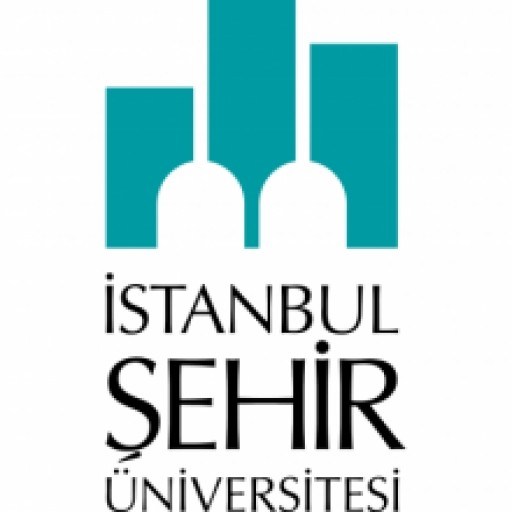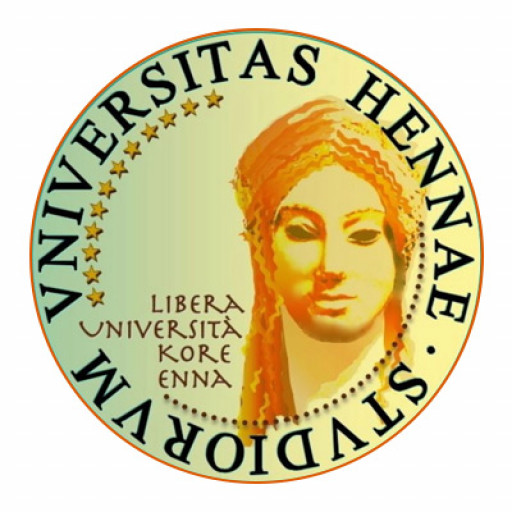Photos of university / #newcastleuni
The BSc (Hons) Electronics and Computer Engineering programme at Newcastle University Medicine Malaysia is a comprehensive and rigorous degree designed to prepare students for a dynamic and rapidly evolving industry. This programme combines core principles of electronics, electrical engineering, and computer engineering, providing students with a solid foundation in both hardware and software systems. Throughout the course, students engage with a diverse curriculum that covers fundamental topics such as digital systems, circuit analysis, embedded systems, signal processing, programming, and computer architecture. The programme emphasizes practical skills alongside theoretical knowledge, encouraging hands-on experimentation, laboratory work, and project-based learning to ensure students are well-equipped to tackle real-world engineering challenges.
Students will have the opportunity to study advanced topics such as telecommunications, robotics, control systems, and computer networks, fostering a multidisciplinary approach essential for modern engineering applications. The curriculum is designed with industry standards in mind, ensuring graduates are acquired with the technical competencies demanded by employers. In addition to technical skills, the programme also nurtures critical thinking, problem-solving, teamwork, and communication abilities—key attributes for professional success.
Throughout their studies, students benefit from state-of-the-art laboratories and collaboration with industry partners, providing valuable practical experience and exposure to current technological trends. The programme also incorporates opportunities for internships, research projects, and creative design work, helping students develop a professional portfolio that enhances their employability upon graduation. The degree prepares graduates for careers in industries such as electronics manufacturing, technology development, telecommunications, automation, and software development. Graduates are also well-positioned to pursue further studies or professional certifications in electrical, electronics, or computer engineering fields.
Overall, the BSc (Hons) Electronics and Computer Engineering programme at Newcastle University Medicine Malaysia offers a balanced blend of academic excellence and industry relevance, empowering students to become innovative engineers capable of making a meaningful impact in the digital age.
Electronics and Computer Engineering at Newcastle University Medicine Malaysia offers a comprehensive and innovative curriculum designed to equip students with the essential knowledge and practical skills required for successful careers in rapidly evolving fields. The program integrates core principles of electronics, computer systems, and software engineering, providing a balanced education that prepares graduates to tackle technological challenges across various industries.
Throughout the course, students will explore fundamental topics such as digital and analogue electronics, embedded systems, microprocessors, signals and systems, telecommunications, and network architecture. The curriculum emphasizes hands-on learning through laboratory sessions, project work, and industry placements, fostering practical problem-solving abilities and technical competencies. Students are encouraged to develop their skills in programming languages, software development, and hardware design, ensuring they are well-versed in current and emerging technologies.
In addition to technical knowledge, the program focuses on developing critical thinking, teamwork, and communication skills—key attributes for success in a competitive global job market. The curriculum includes modules on ethics, innovation, and entrepreneurship, emphasizing the importance of responsible engineering practices and opportunities for product development.
The program is designed to be part of a collaborative academic environment, offering students access to state-of-the-art laboratories, industry partnerships, and research opportunities. With a strong emphasis on employability, students will gain exposure to real-world projects and internships, preparing them for careers in sectors such as electronics design, embedded systems, telecommunications, IT services, and software development.
Graduates from this program will be equipped to pursue further postgraduate studies or enter the workforce as electronics and computer engineers capable of designing, developing, and managing complex systems and solutions. The Newcastle University Medicine Malaysia program aims to cultivate innovative thinkers and skilled professionals ready to contribute to technological advancements and societal progress in Malaysia, the region, and beyond.
A minimum of 120 UCAS tariff points from at least two A-levels or equivalent qualifications. Applicants are expected to have a strong background in Mathematics and Physics or Chemistry. Suitable qualifications include Scottish Highers, Irish Leaving Certificate, or international equivalent qualifications demonstrating comparable academic standards. Applicants may also be considered based on relevant work experience or prior learning, subject to evaluation. IELTS or other approved English language qualifications are required for non-native speakers, with a minimum overall score of 6.5 and no component less than 6.0. For students from non-traditional educational backgrounds, the university assesses real-world experience and motivation to study the programme. Prior knowledge or experience in electronics, programming, or engineering principles can be advantageous but is not mandatory. Applications are typically reviewed based on academic achievement, personal statement, and references. The selection process may include an interview or aptitude assessment, especially for international students. The programme also encourages applicants who demonstrate strong motivation and technical interest in electronics and computer engineering. Additionally, applicants should be able to demonstrate problem-solving skills, analytical thinking, and the ability to work both independently and collaboratively. Work placements or relevant extracurricular activities in technology, electronics, or engineering fields can strengthen applications. Prospective students are advised to review the specific entry requirements as outlined on the university's official admissions webpage to ensure they meet the criteria for entry into the Electronics and Computer Engineering undergraduate programme.
Related Scholarships*
- Academic Excellence Scholarship
"The Academic Excellence Scholarship can provide up to a 50 % reduction in tuition per semester. These scholarships will be renewed if the student maintains superior academic performance during each semester of their 3-year Bachelor programme. The scholarship will be directly applied to the student’s tuition fees."
- Access Bursary
Bursary for UK students all subjects where the variable tuition fee rate is payable.
- Alumni Bursary
Alumni Bursary for UK Undergraduate students
* The scholarships shown on this page are suggestions first and foremost. They could be offered by other organisations than Newcastle University.
The BEng (Hons) Electrical and Electronic Engineering program at Newcastle University Medicine Malaysia is a comprehensive undergraduate degree designed to prepare students for a wide range of careers within the electronics and electrical engineering sectors. This programme emphasizes the development of core technical skills, analytical thinking, and practical problem-solving abilities necessary to innovate and improve electrical and electronic systems used in various industries such as telecommunications, renewable energy, automation, and consumer electronics. Throughout the course, students engage with a curriculum that combines theoretical fundamentals with hands-on experience, ensuring they gain proficiency in designing, testing, and deploying complex electronic systems.
The curriculum covers essential topics such as circuit theory, digital systems, microprocessors, telecommunications, control systems, power electronics, and signal processing. In addition to these core subjects, students explore areas like embedded systems, robotics, and machine learning, reflecting the evolving landscape of electronic and electrical engineering. The program also integrates modules on engineering principles, project management, and professional ethics to prepare students for real-world challenges and teamwork environments.
At Newcastle University Medicine Malaysia, students benefit from state-of-the-art laboratories and facilities that facilitate experiential learning. The programme includes laboratory work, group projects, and industry placements to enhance practical skills and industry readiness. These experiences enable students to apply theoretical knowledge to real-world problems, fostering innovation and entrepreneurial thinking. The university maintains collaborations with industry partners and offers networking opportunities, internships, and workshops that are integral to the student experience.
Graduates of this program are well-equipped to pursue careers in sectors such as renewable energy, aerospace, automotive, manufacturing, and information technology. They may also choose to continue their studies at postgraduate level for specialized research or professional qualifications. The university's emphasis on research-led teaching ensures students are engaged with the latest advancements and technological developments in electrical and electronic engineering, contributing to a dynamic and evolving industry landscape.
Furthermore, Newcastle University Medicine Malaysia's commitment to a multicultural academic environment provides students with a global perspective on engineering challenges and solutions. The campus environment encourages collaborative learning and cultural exchange, which are invaluable in today's interconnected world. Overall, the BEng (Hons) Electrical and Electronic Engineering at Newcastle University Medicine Malaysia aims to produce highly competent, innovative, and versatile engineers who can contribute effectively to technological progress and societal development.










